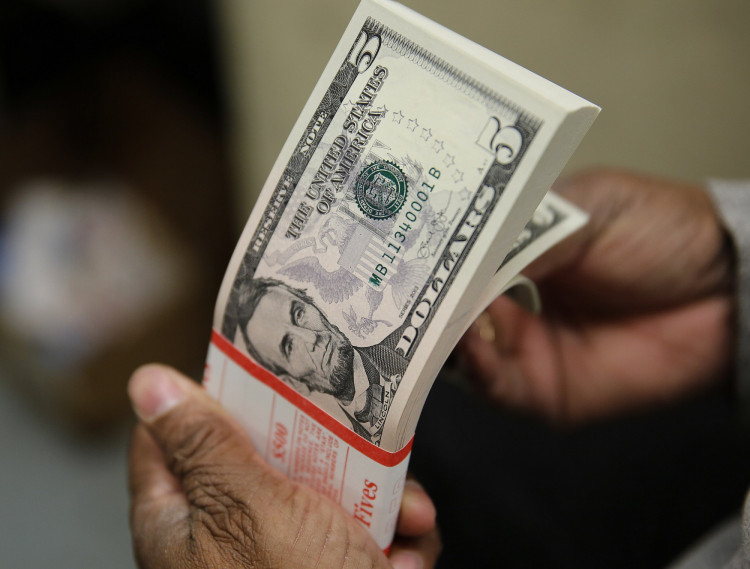U.S. prices accelerated at its fastest pace in more than 12 years in April, the Labor Department said Wednesday, as the as the country's economy rebounds from COVID-19 curbs and energy prices surge.
The Consumer Price Index in April rose by 4.2% year-on-year, higher than the 3.6% increase expected by a Dow Jones survey. The core CPI, excluding energy and food prices, rose by 3% from the same period last year and by 0.9% month-on-month.
According to official data, the rate of increase in the annual headline CPI was the fastest in April since September 2008. The monthly gain in core inflation was at its highest in April since 1981.
Energy prices in April rose by 25% from the same period last year. This includes a significant 49.6% increase in gasoline prices and a 37.3% increase in fuel oil prices. The increase in energy prices came as other energy categories tapered out in April.
Data showed that prices at the pump, which fell by 1.4% in April, are steadily climbing back up. As of this month, the national average surged past the $3 per gallon mark for the first time since November 2014. Prices are expected to continue climbing following the recent cyberattack that shut down some of Colonial Pipeline's transmission lines.
Price surges for other goods are to be expected as supply bottlenecks and other factors continue to disrupt global trade. Soaring demand for a variety of commodities coupled with production issues, chip shortages and the recent Suez Canal blockage may cause price fluctuations in the short term.
The report said the big annual gain recorded in April can be attributed to a lower base. Last year's figures were significantly lower than normal due to the economic shutdown caused by the global coronavirus pandemic. The report noted that year-on-year comparisons are likely to be distorted in the coming months due to the low base effects.
The Federal Reserve has mostly been dismissive of the recent figures, describing them as "transitory." Economists are expecting inflation rates to settle down later in the year to within the 2% range.
"As the cyclically-sensitive components of CPI are still rising at a modest pace, we doubt this report will change the view of officials that inflationary pressures are 'largely transitory,'" analysts at Capital Economics said.






